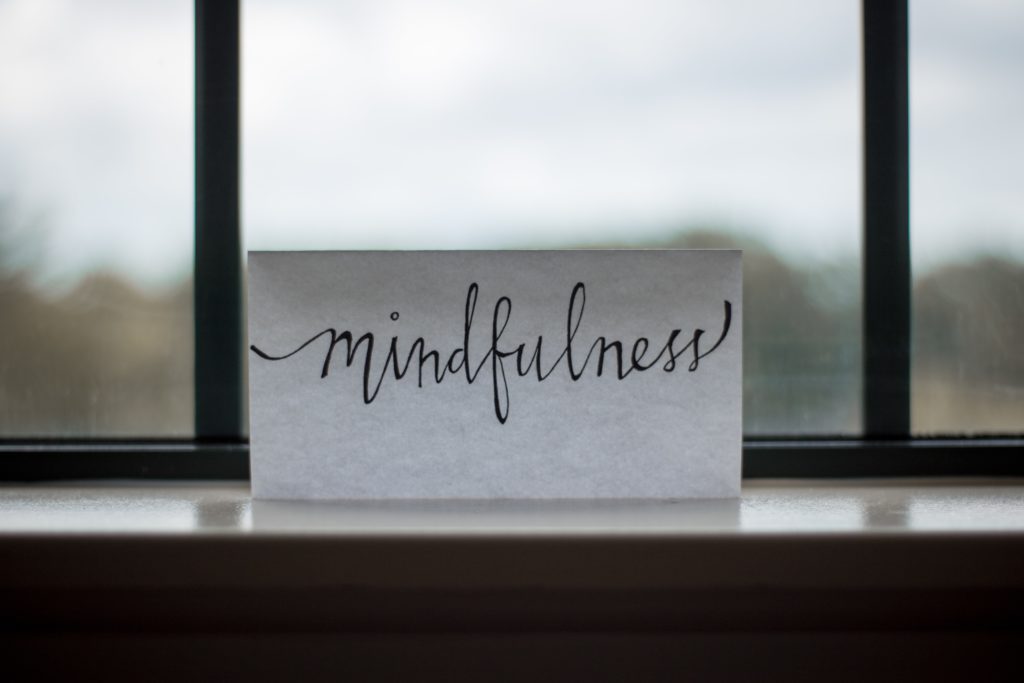The Power of Self-Kindness: How to Practice Compassion & Change Your Life
You’re kind to your friends, family, animals, and the world around you. You treat them all with love and respect. But do you extend the same grace, kindness, and patience to yourself?
For some reason, practicing self-kindness feels a little more difficult than showing kindness to others. But really, self-kindness is a powerful and important habit to build. After all, the relationship we have with ourselves is the most important and longest-lasting relationship we’ll ever have!
What is self-kindness?
Self-kindness is an attitude and mindset that we adopt toward ourselves. It does not promote narcissism, but rather a warmth and gentleness to yourself. Self-kindness is often used interchangeably with self-compassion, which is the same as having compassion for others.
If you knew your coworker was going through a hard time in their personal life, and they missed a deadline, what would you do? Would you scold them and tell them they should get their act together and stay on track? No. As a kind, compassionate person, you wouldn’t do that. You would instead understand why they missed the deadline and offer to help them in any way you could because you know they’re going through a painful moment.
Self-compassion is about extending that same level of understanding, kindness, and forgiveness to yourself. It’s about finding ways to care for yourself in challenging times, without being critical or judgmental of yourself.

Benefits of self-kindness
Practicing self-kindness and self-compassion is a gift to your mental and emotional health. Instead of criticizing yourself or going out of your way to justify or defend any mistakes you make, self-kindness empowers you to be compassionate with yourself, accept your humanity and the fact that we all make mistakes, and conserve your emotional energy for more important matters.
The benefits of self-kindness and self-compassion include:
- Decreased stress and anxiety and increased resilience. In fact, a research study on soldiers who returned from Afghanistan and were taught self-compassion actually showed lower levels of post-traumatic stress disorder.
- Improved coping capabilities. When you are kind and compassionate toward yourself, you can face anything that comes your way.
- Fewer feelings of failure. With self-kindness, you accept and understand that we are all human, and we all make mistakes.
- Leaving perfectionism behind. Perfectionist tendencies aren’t healthy because they aren’t attainable. Self-compassion and self-kindness help you embrace the fact that perfection isn’t human.
- Increased productivity. When you’re not beating yourself up for making a mistake or fearing failure, you are able to work peacefully and get more done.

Elements of self-compassion
Dr. Kristen Neff is an expert on self-compassion and the author of the book Self Compassion: The Proven Power of Being Kind to Yourself. Through her research, she identified three important elements of self-compassion: self-kindness, common humanity, and mindfulness.
Self-kindness vs. self-judgment means being warm and understanding with ourselves when we’re suffering or feeling inadequate.
Common humanity vs. isolation refers to recognizing the fact that suffering and feeling inadequate is part of the human experience — something everyone will encounter at some point in time.
Mindfulness vs. over-identification means being open to observing negative thoughts instead of ignoring or overly ruminating on them.
For more research-backed insights on the elements of self-compassion, visit Neff’s website.

How to practice self-kindness
The best way to start practicing self-kindness is to treat yourself the same way you would treat a friend. Don’t approach yourself with shame or judgment, but rather with compassion and love.
You can create a self-kindness practice by:
- Prioritizing self-care.
- Addressing yourself with positive self-talk.
- Writing compassionate letters to yourself.
- Practicing self-compassion exercises, like affectionate breathing.
- Treating yourself to little pleasures.
- Asking for help when you need it.
- Practicing a loving-kindness meditation.
- Adopting a mindfulness practice.
- Listening to your body and giving it what it asks for: rest when it’s tired, food when it’s hungry, and a walk when it feels restless.
Helpful self-kindness quotes to motivate you when you need inspiration
“Compassion for others begins with kindness to ourselves.” – Pema Chodron
“If your compassion does not include yourself, it’s incomplete.” – Jack Kornfield
“Having compassion for yourself means that you honor and accept your humanness.” – Kristen Neff
“The privilege of a lifetime is being who you are.” – Joseph Campbell
“People are like stained-glass windows. They sparkle and shine when the sun is out, but when the darkness sets in, their true beauty is revealed only if there is a light from within.” – Elisabeth Kubler-Ross
“Self-compassion is simply giving the same kindness to ourselves that we would give to others.” – Christopher Germer
 Find more resources on self-kindness and self-care here:
Find more resources on self-kindness and self-care here:
- A Judgment-Free, Beginner-Friendly Guide to Mindful Living
- 20+ Affirmations for Cultivating More Self-Love, Today and Every Day
- All the Ways to Reduce Stress with Your Diet (The Do’s and Don’ts)









